Unverified Personal Gnosis is a term that describes your personal experience with spirituality as an authentic and affirmatory system. Within the Pagan community and I’d argue spirituality as a whole, UPG is an excellent way to fill in the gaps of religious teachings. In this article I want to talk about the value of unverified personal gnosis and how it has helped me shape a system of belief that is fulfilling and fluid. This article will not go in depth about how to distinguish between UPG and what might be considered a hunch or other sensation. Although that is a very valuable practice, I want to expand on what happens once we arrive at UPG.
I am going to discuss how I use UPG to bridge gaps in my Pagan practice, the value of internalizing, and examine what it means to look into the past. UPG is ever-expanding and in many cases impermanent. What we know now will hopefully continue to grow. These musings are methods I have used to establish branches of thought and practice into my spirituality. My examples are in the form of listening, reading, internalizing, and comparing.
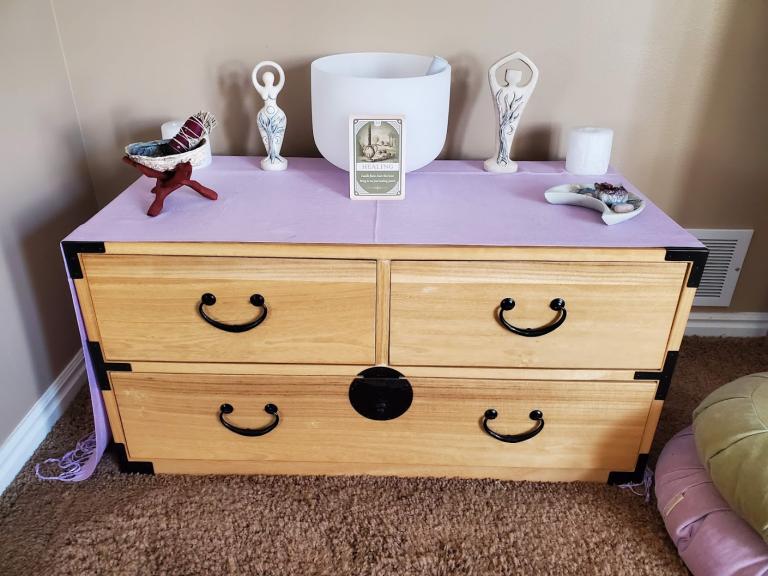
Speak Little, Listen Much
The method of simply listening has been profoundly helpful in my life. I use this in my spirituality, my relationships, and even amongst general public interactions. Whenever I listen to or read about other people’s experiences, ideas, or beliefs there are usually nuggets of gold to be found. For years I struggled between balancing Buddhist beliefs with my Pagan beliefs. I felt the urge to choose one and focus my attention on that path in order to wholeheartedly gain spiritual fulfillment. That wasn’t entirely necessary to do and although I see the benefit in narrowing in on a practice, it just wasn’t helpful for my development.
Instead, I kept reading and listening to Buddhist leaders repeating the idea that we do not need to be Buddhist in order to benefit from the teachings of Buddhism. I frequently use Buddhist teachings to fill in some major gaps that I feel within Paganism. Often times I find bridges between the two practices that humor and delight me. Examples of these gaps have included: meditation, mindfulness, compassion, death, and to an extent cosmology. This transcends into UPG by impacting my beliefs in how I should speak with others and view other people’s beliefs. It also heavily plays a part in my views of what happens after death. Death is perhaps the ultimate topic where we are all agnostic and our strongly held beliefs are UPG.
Within the realm of Paganism my UPG covers an area that is much larger! A great example is my unverified personal gnosis of herbs in magick. I start with medicinal qualities and then work down towards spiritual applications. Let’s take lavender for example. Medicinally speaking, it falls within a nervine herb and this use has been recorded for roughly 2500 years. We know it supports calmer moods and relaxes us but most people don’t realize that will carry into their digestive system as well. It can also help with bug bites and minor burns, making it excellent at protecting our skin. My personal gnosis would then tell me to use lavender as a protection herb and to help me fight my fears or anxieties. I might use it to purify an area and create balance. I wouldn’t likely use it, magically, as an herb for psychic dreams. Instead, I would use it to ease fears and help bring peace to a space or person.
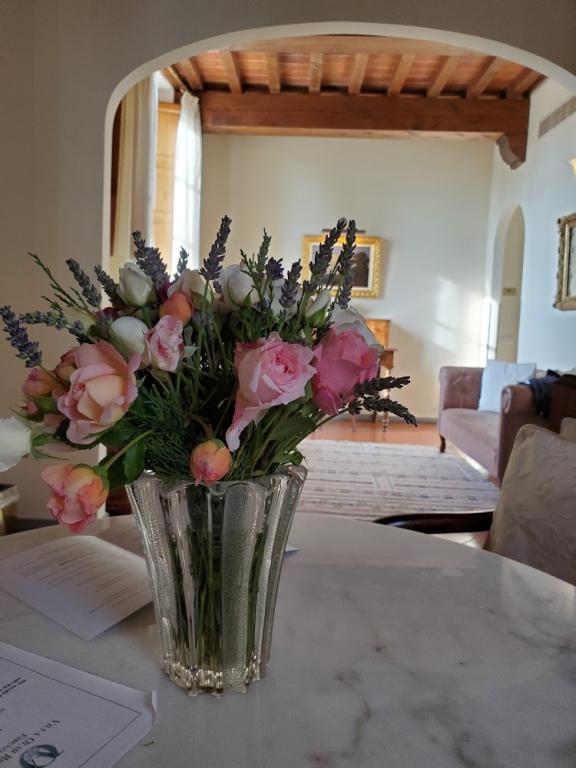
Now, some people will use lavender the same way I do and some magical books might include articles on lavender in the way I described. When this happens it only helps to enforce my UPG and I feel connected to a web of intuitive knowledge. This same sensation has happened to me whenever I speak about the Goddess and God, certain crystals, candle-work, and many other pieces of my practice. The value in listening to other people maintains the fire within, adding to the kindle of maintaining practice.
Keeping It to Myself
It is rare that I divulge my UPG or the sensations around my practice. In Wicca there are oaths and practitioners can be encouraged to keep elements of their practice a secret. There are several reasons why oaths and secrecy are still practiced in the occult. Pertaining to UPG it oftentimes protects us from sounding a little off-center amongst our friends. Even other Pagans can have differing experiences that might make us question their sanity and that is perfectly fine within UPG.
Oftentimes I keep my initial UPG experiences to myself for the sake of evaluation. It helps me to meditate on or mull over the perceived belief. In the past (recent past too) I had a terrible habit of sharing my beliefs out loud only to feel differently a couple of months later. My friends would say something like, “I thought you no longer felt that way about (insert a topic)”. So, to avoid embarrassment I have learned to keep most things to myself for a moment.
This shouldn’t suggest that there aren’t kindred souls out there who wouldn’t understand where you are coming from. They very much exist and those people are priceless to have in life! In many cases we can openly share our UPG as a way to further connect and nourish our beliefs. I have just found it good practice to begin with internal examination. Make sure that this belief or experience wasn’t meant to be for you alone. Also, take a moment to play devil’s advocate and see if you can establish a flexible belief that won’t grow into something rigid.
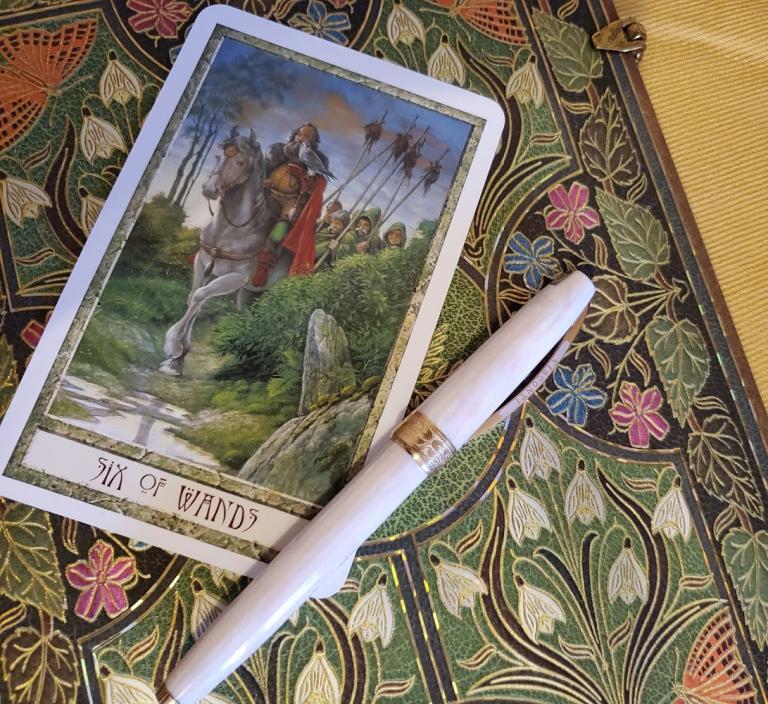
Time Doesn’t Equal Validity, But…
This is going to be the area of my post that may get the most attention, for good or for bad. I am prefacing this part by definitively stating that I do not believe a religion’s age equals validity. That said, I do think there are some wonderful and valid ideas in ancient thought. For me, and the purpose of this blog, I want to distinguish thought vs dogma. Thoughts, ideas, and even teachings are areas that leave room for growth. I find that dogma does not usually have the same space. Note that my education does not specialize in anthropology, comparative religion, or religious studies. I may use terms or phrases at a more mundane level.
Establishing that religious age does not equal validity is fundamental within Paganism. We currently do not have an unbroken European religious practice that was not somehow impacted by Christianity. We do have folk-based practices that have aged well and we have unbroken practices found throughout Asia, Africa, and bits of Australia and the American continents. The common practices found between these various regions are helpful in developing a certain amount of UPG for European-based practices and beliefs. There is a level of validity when examining the teachings from various ancient sources and they lend a hand in our modern-pagan beliefs.
We are drawn to the past as a way to confirm many of our current practices and this isn’t without reason. Some have argued that this is because our ancestors had a better connection to land and spirit than we do. Others see the past as a source of knowledge that was temporarily lost or displaced. Neither of these views are wrong and yet in an academic sense these views do need to allow room for possibility. We can still find glimpses of what Pagan Europe might have looked like through our modern festivals, especially regional festivals centered on equinoxes and solstices. We only need to crack open a few history books to see how many festivities and traditions can be traced back to the middle ages or older. Keep in mind that the practices are likely tweaked to fit a region’s conversion to Christianity, whatever that process looked like historically (violent, non-violent, economic…).
While developing your unverified personal gnosis it can be helpful to examine ancient teachings, ideas, and practices. Do so with a critical eye, open heart, and I think you will find that throughout history people have felt a similar awe that you feel now. Look into the past and find ways to bring beliefs into the modern times; just try not to get stuck looking backwards. That is perhaps the most valuable advice and valid thing I can offer in this blog.
It is helpful to question the past, observe the present, and look forward to the future. Modern Paganism is a culmination of several beautiful traditions. The thing that makes our practices special is that we are made for the here and now. We are comfortable looking to the past for valuable lessons and using UPG or modern teachings to carry us into the future. Even more brilliant is that the way we practice now is not going to be the way future generations practice. They will look back on our teachings and ideas to build a spiritual future that fits their time. I find this fact absolutely fascinating. It is also why I believe non-dogmatic faiths continue to grow. We have allowed room for people to question ideas instead of rotting in the past.
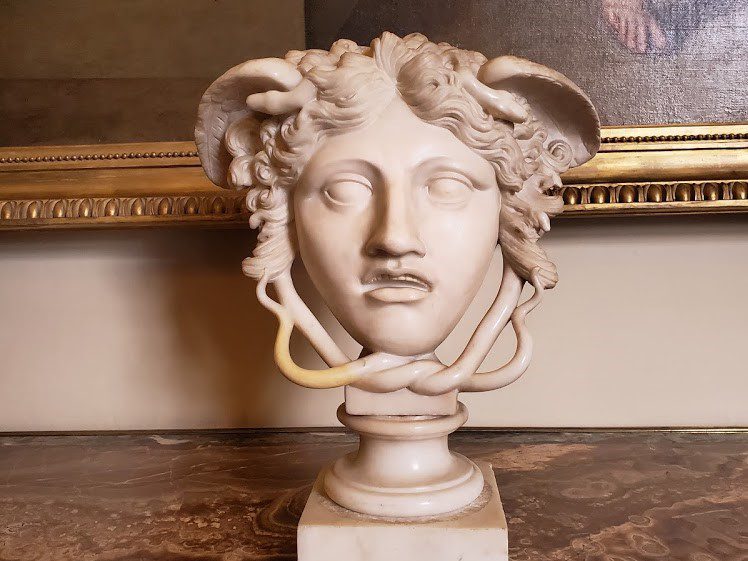
Final Thoughts
There is a wonderful lesson from the Haudenosaunee tribe called The Seventh Generation philosophy. In basic terms it comes something like this: When we practice for the welfare of the people, you must not think of yourself or of your family, not even of your generation. We have to make decisions on behalf of the seven generations to come, so that they may enjoy what you have today. This practice isn’t only applied to how we treat the earth but also in the development of spirituality.
Unverified Personal Gnosis is not an empty box. Gnosis is knowledge and knowledge is indeed a form of power. When we allow room for our beliefs to grow, they will. We must also leave room for others to experience gnosis, growth, and their own truths. I think that is why I resonate with ‘And it harm none, do what ye will’. As long as my UPG is not harming you and yours does not harm me, we should be encouraged to experience our beliefs.
In the end spirituality is a big ball of unverifiable gnosis and we can’t pass on the sensation we have. That is what makes it so special. Your UPG belongs only to you and the joys or comfort it brings is all yours. Look at it like a little piece of this massive universe that was made just for you (truly special, no?). Unverified never needs to mean insignificant. Quite the opposite, your UPG is invaluable.
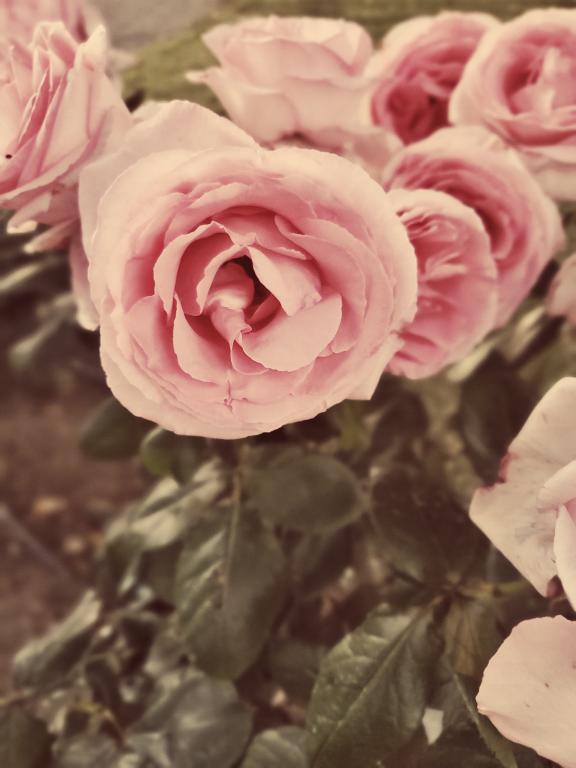
Peaceful Home Cleansing
Items:
- Charcoal disc
- Heat-proof container (hello cauldron)
- Blend of equal parts: lavender, rosemary, and cedar (juniper berries work well too)
Instructions:
- Light the charcoal disc and place it in your heat-proof container.
- Sprinkle a sensible amount of your herbal blend onto the charcoal disc.
- Starting in the eastern part of your home (or room) begin to waft the smoke while envisioning the negative energies dissipating.
- With each waft you can say something like, “let there be peace, let there be light”.
- Continue to cleanse in a counter-clockwise position (from east to north to west to south and back to east).
- Once you have cleansed in each direction you can sprinkle more herbs onto the disc and allow the smoke to fill the space. I like to leave my cauldron on the kitchen counter since it is a central space.


















